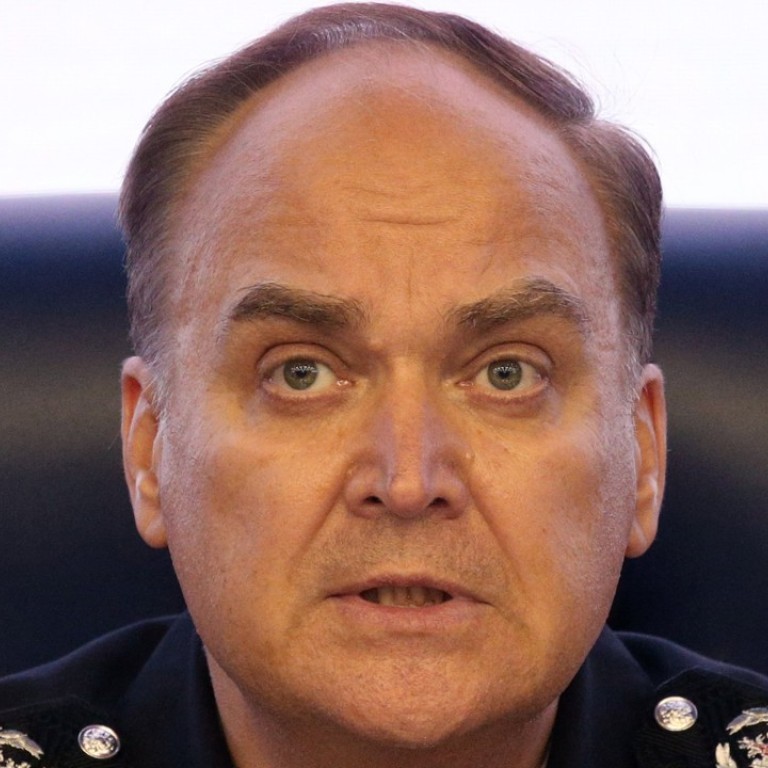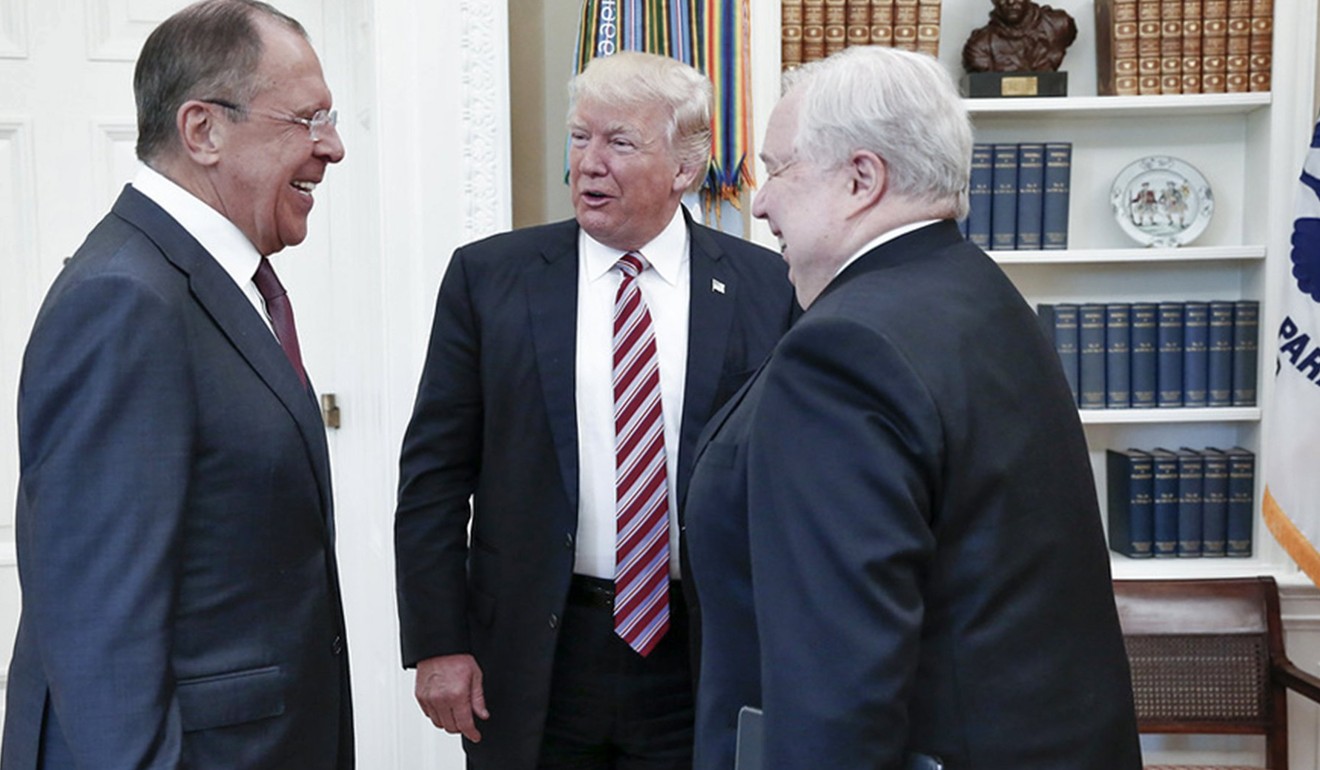
Putin chooses new Russian ambassador to the US
A career Russian diplomat, who gained the reputation of a hawk during his earlier tenure at the Defence Ministry, was named the new ambassador to the United States.
The 62-year old Anatoly Antonov was appointed to the job by President Vladimir Putin’s order, according to the Kremlin.
Antonov takes the job at a time when US-Russia relations are badly strained following the approval of a new wave of US sanctions against Moscow and the Kremlin’s decision to sharply cut US diplomatic personnel in Russia.
He succeeds Sergei Kislyak, who found himself in the centre of controversy amid claims of Russia’s interference in the US presidential vote. Kislyak’s contacts with members of Trump’s team have been part of congressional and FBI investigations into possible collusion between Trump campaign and Russia. Russia has denied any interference in the US election.
Antonov joined the Foreign Ministry in 1978 and gradually rose through the ranks to take the job of the chief of the ministry’s security and disarmament department in 2004. As part of his job, he led negotiations on various international agreements, including the 2010 New START nuclear arms reduction treaty signed by the United States and Russia.

In 2011, Antonov left the Foreign Ministry to become a deputy defence minister in charge of international ties.
The job raised Antonov’s profile as he regularly delivered the Russian military’s statement to international media and foreign military attaches.
When Russia-West relations sank to post-cold war lows over the Ukrainian crisis and the war in Syria, Antonov’s visibility earned him a hawkish reputation.
Like other senior Russian officials, Antonov minced no words amid the tensions over Moscow’s annexation of Crimea and support for pro-Russia insurgents in eastern Ukraine.
Antonov accused the West of engineering the ouster of Ukraine’s former Russia-leaning president in February 2014 as part of efforts to “contain” Russia and waging what he described as an “information war” against it.
He also claimed that the West has fuelled the Ukrainian crisis to justify Nato’s existence and bolster military budgets.
The European Union and Canada have put Antonov on their lists of Russian officials sanctioned for their role in the Ukrainian crisis.
Antonov also served as the Russian military’s public face on Syria, where Moscow has waged an air campaign in support of President Bashar al-Assad’s army.
Antonov’s stint at the Defence Ministry ended in 2016 and he returned to the Foreign Ministry, taking the post of a deputy minister. He has largely stayed out of the public eye since then.
In May, when he met with lawmakers who considered his candidacy for the ambassador’s job, Antonov was quoted as saying that Moscow and Washington should normalise ties and engage in constructive cooperation. He said the US and Russia must pool efforts in the fight against terrorism and work together to strengthen nuclear non-proliferation.

